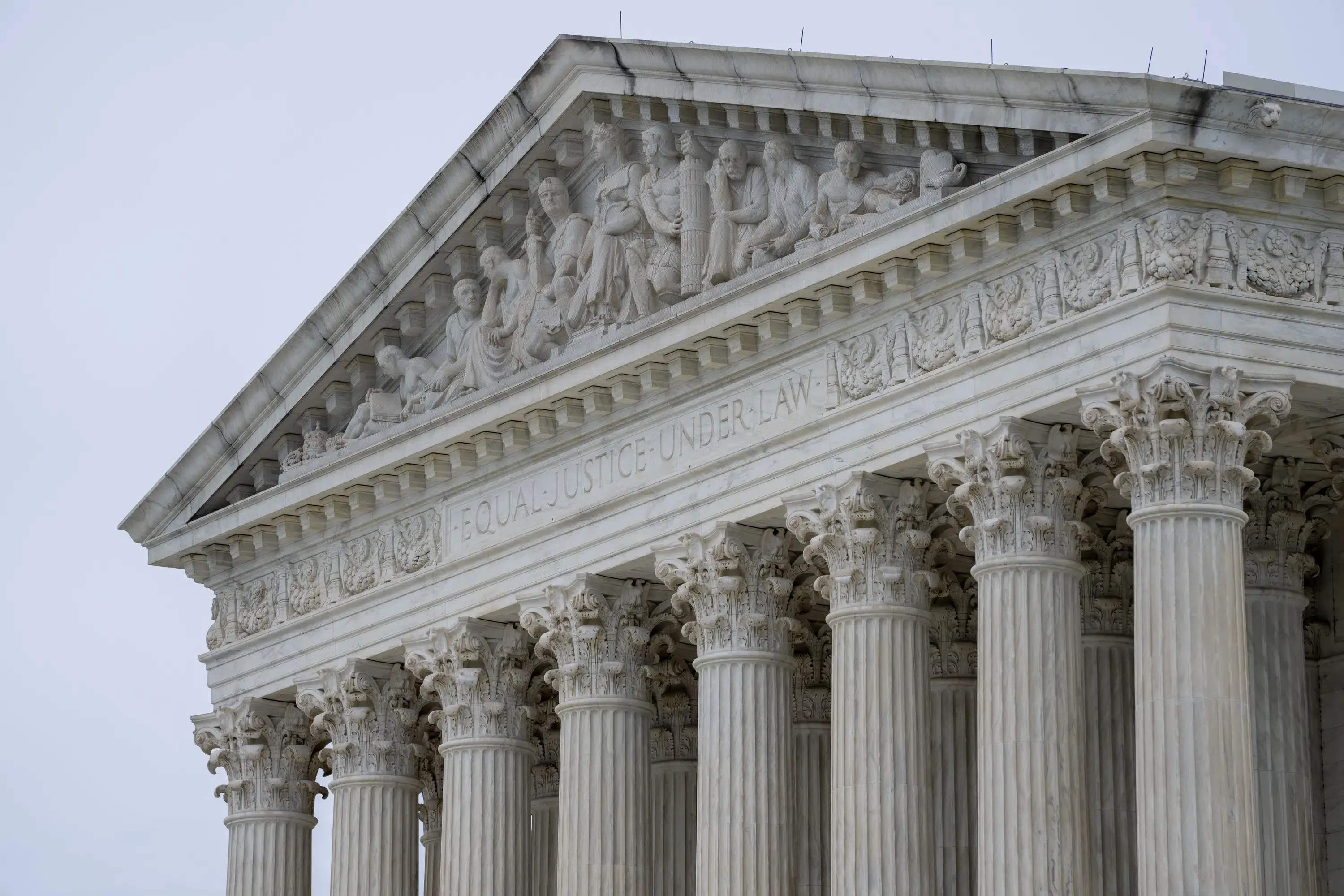The survival of affirmative action in higher education is the subject of two related cases, one involving Harvard and the other the University of North Carolina. The Supreme Court has previously approved of the use of affirmative action in higher education in decisions reaching back to 1978. But the justices’ decision to take the cases suggested a willingness to revisit those rulings.
The justices will also decide the fate of President Joe Biden’s plan to wipe away or reduce student loans held by millions of Americans. When the court heard arguments in the case in February, the plan didn’t seem likely to survive, though it’s possible the justices could decide the challengers lacked the right to sue and the plan can still go forward.
A clash of gay rights and religious rights is also yet to be decided by the court. The case involves a Christian graphic artist from Colorado who wants to begin designing wedding websites but objects to making wedding websites for same-sex couples.
Another case that could end as a victory for religious rights is the case of a Christian mail carrier who refused to work on Sundays when he was required to deliver Amazon packages.



I’m not sure what could be done. It’s an executive order, not a bill, and it’s scope is fairly limited. It doesn’t create any new powers, just uses what’s outlined in the HEROES Act to reduce the burden of student loans. Since it’s an executive order the next President could revoke it, but the cancelled amounts can’t be brought back so that would just wipe away the changes to how interest is handled.